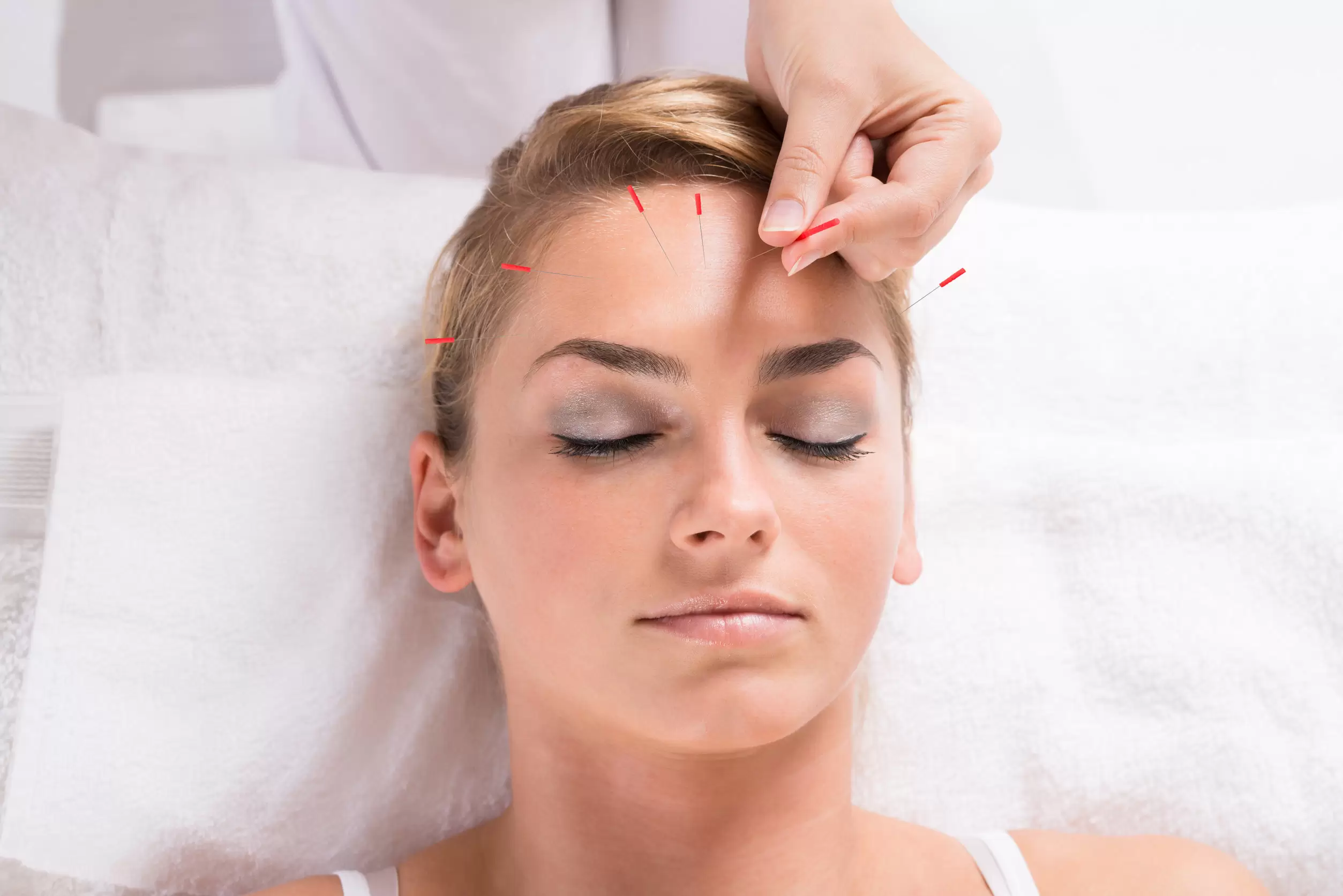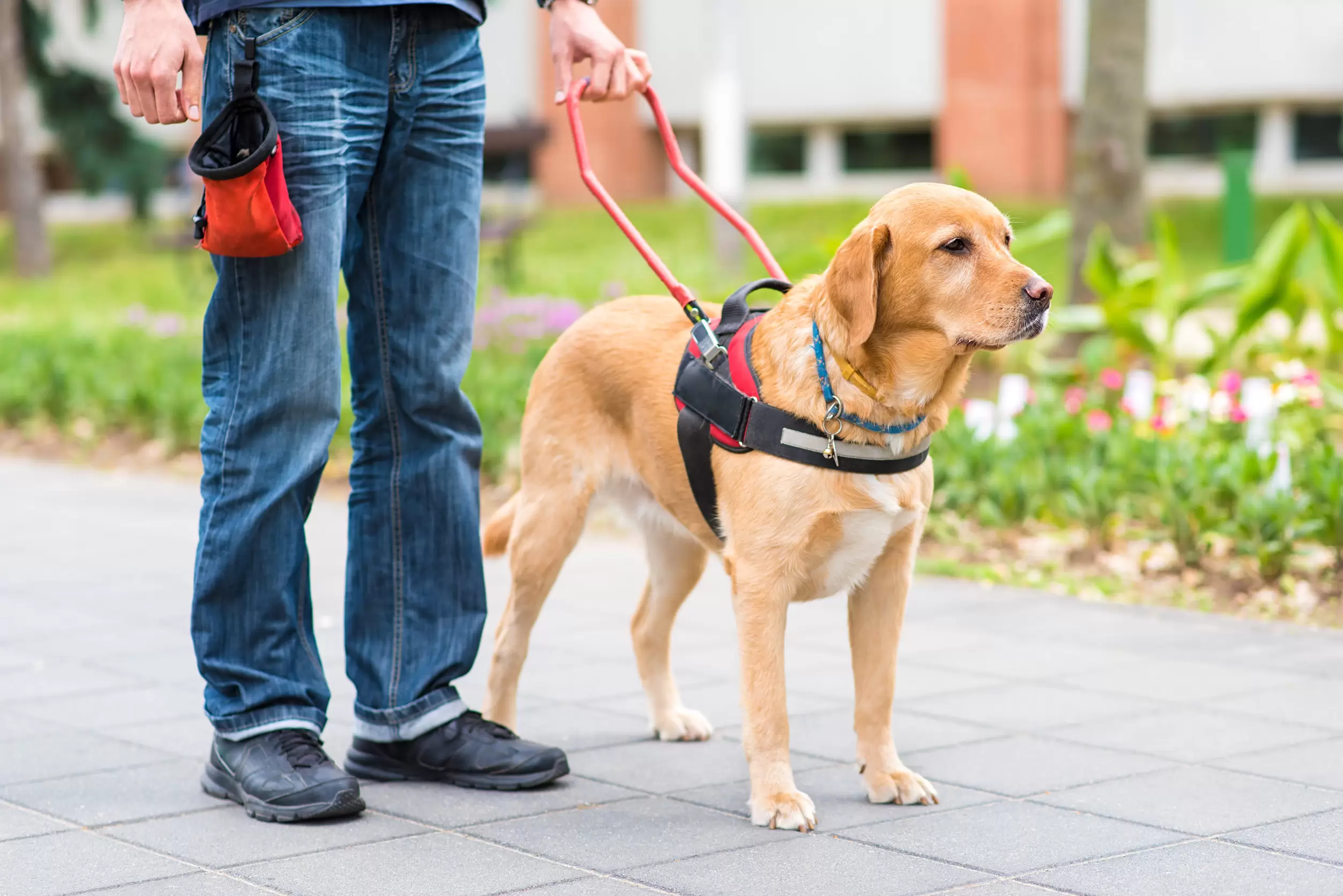
When you allow debt to become unmanageable, you are essentially robbing your future self of money. And that is assuming you will be able to pay it back since unmanageable debt usually comes with higher interest rates and penalties.
Many Americans only know how to generate income by generating debt. Over 40% of Americans could not pay for a $400 financial emergency if it presented itself, especially medical emergencies.
The best defense against debt is discipline, saving money, making a budget, and planning for your financial future. One of the best ways to do this is to open a health savings account.
What is an HSA?
A health savings account or an HSA is a tax-deferred and tax-beneficial savings account. The catch is that to qualify for any tax benefits, you can only use the money in an HSA for health and medical-related purchases.
As long as all your HSA withdrawals are for health and medical-related reasons, then all withdrawals are tax-free. And as long as the money sits in your HSA, it can’t be taxed by the U.S. government.
And all your contributions to the HSA are tax-deductible.
You could open an HSA through your employer, and your contributions would be untaxed. Or you can shop around online and open an HSA on your own at a participating bank or financial institution.
An HSA can be a supplement to an employer-sponsored or private medical insurance plan. Or it can act as a temporary buffer against medical debt for the millions of Americans without medical insurance.
You can use a debit card to keep track of payments for tax reasons. And keep your receipts.
The typical American has about $2,803 saved in an HSA and they use them mostly to pay for doctor’s bills.
However, there are many things you can use an HSA to pay for besides a doctor’s bill.
The Coronavirus Aid, Relief, and Economic Security Act, also known as the CARES Act, was ratified in March 2020 to offer economic aid to businesses and citizens during the pandemic.
The CARES Act also expanded the kinds of products and services that you can purchase via an HSA.
Here are some.
Emotional Support Animals

If you have an emotional or physical disability then you can use an HSA to pay for the purchase, training, and ongoing maintenance costs of owning a guide, service, or emotional support animal.
Travel Costs Related to Medical Care
If you are traveling a long distance to assist with the medical appointments of a loved one, you can use an HSA to pay for your food and lodging.
Over the Counter Meds
After the CARES Act ratification in March 2020, Americans can now use an HSA to buy prescription and over-the-counter medications without a prescription. Still, all qualifying purchases must have been made after December 31, 2019.
Menstruation Products
The average woman will spend over $4,750 on menstruation products and medications over a lifetime.
Now, any menstruation-related product or medication relief can be purchased with an HSA.
AA Meetings
Cost of application, meeting and related transportation costs can be paid via HSA.
Alternative Medical Treatments
Chiropractor services, acupuncture, and weight loss programs can be paid via HSA.
Miscellaneous
Here are a few miscellaneous items you can buy with an HSA:
- First aid kits
- Thermometers
- Sunscreen with an SPF factor of 15 or higher
- Nasal sprays
- Anti-grinding teeth guards
- Air conditioner
- Prescription sunglasses, glasses, or contacts
Talk to Your Tax Preparer
While these HSA benefits are available, don’t take them for granted. Make sure that you talk to your tax preparer or advisor before you start making purchases.
Here is a full list of things you can buy via an HSA tax-free.
Just remember that opening an HSA is not an immediate fix to debt, a tax benefit, or financial guard against medical emergencies.
It will take months or years of financial contributions for an HSA to become beneficial to your needs. The earlier that you open one, the better off you will be later in case you must withdraw from it.
Read More
How To Record IRA Contributions in Quickbooks
How Many Hours Do Millionaires Work?
Can Undocumented Immigrants Open an IRA?
Diamonds Have No Value. You Know That, Right?
Risks of Getting Dental Procedures Abroad
Allen Francis was an academic advisor, librarian, and college adjunct for many years with no money, no financial literacy, and no responsibility when he had money. To him, the phrase “personal finance,” contains the power that anyone has to grow their own wealth. Allen is an advocate of best personal financial practices including focusing on your needs instead of your wants, asking for help when you need it, saving and investing in your own small business.

